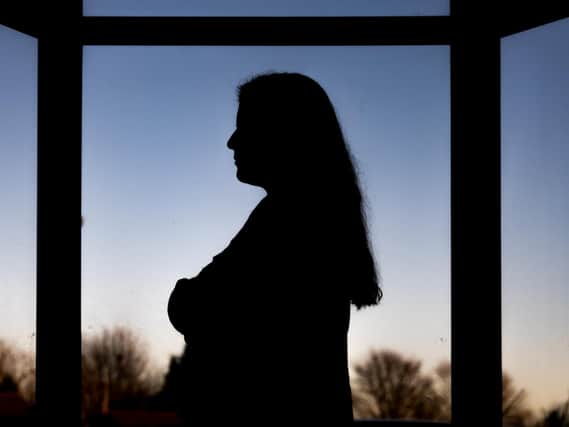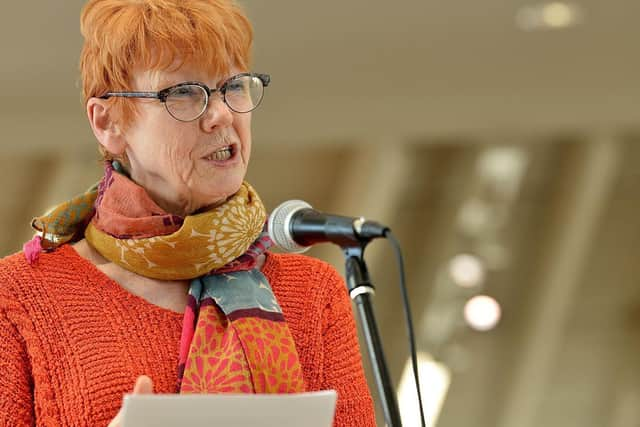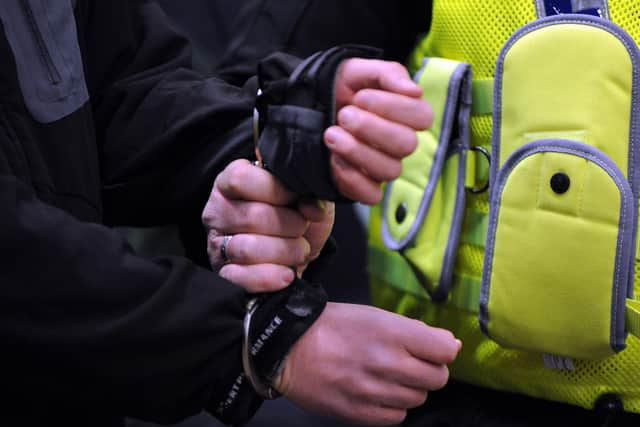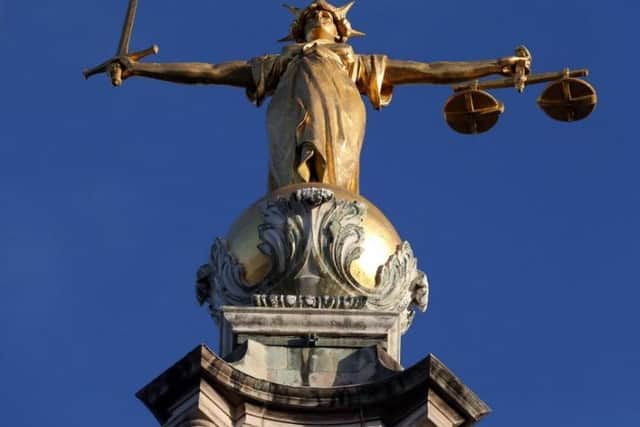Rape being effectively "decriminalised" due to prosecutions being at all-time low, Victims Commissioner says


A persistent fall in number of rape prosecutions was allowing "persistent predatory sex offenders to reoffend", according to a report by Dame Vera Baird which came out today (Tuesday).
The report described how a fall in convictions coincided with prosecutors reportedly being told to avoid prosecuting weak cases in order to actually boost conviction rates.
Advertisement
Hide AdAdvertisement
Hide AdThe number of cases in England and Wales fell from 3,671 in the year ending March 2017 to 1,758 in the year to March 2019.


Earlier this year, a campaign led by The Yorkshire Post's sister title the Yorkshire Evening Post spoke to survivors after it was revealed how fewer than five per cent of rapes reported in West Yorkshire resulted in someone being charged.
Rachel Reeves, Labour MP for Leeds West, raised the issue in Parliament, saying how a lack of justice can add to survivors' pain and trauma.
In today's report, Dame Vera wrote: “The CPS (Crown Prosecution Service) denies a change of prosecution policy, but so far, it has failed to offer any convincing explanation to account for the fall in the number of cases being prosecuted.
“Nor have they put forward any plans to address it.


Advertisement
Hide AdAdvertisement
Hide Ad“If the CPS is unwilling or unable to deal with this failure effectively to prosecute rape, then the government must act. The current situation cannot be allowed to continue.”
Dame Vera added that it was a “shocking and unacceptable” fact that 3% of rape complaints resulted in a charge in 2019, adding: “What is even more shocking is that this figure is likely to fall even further in 2020.
“In effect, what we are witnessing is the decriminalisation of rape. In doing so, we are failing to give justice to thousands of complainants.
“In some cases, we are enabling persistent predatory sex offenders to go on to reoffend in the knowledge that they are highly unlikely to be held to account.”


Advertisement
Hide AdAdvertisement
Hide AdThe report added that complainants can feel they have to be investigated before they can be considered to qualify for the chance of a prosecution following a practice referred to by opponents as a “digital strip search”.
Controversial consent forms allowing police officers to examine the mobile phones of rape victims were rolled out by the National Police Chiefs’ Council (NPCC) in a bid to standardise practice across all forces, but the Information Commissioner’s Office concluded they should be withdrawn last month following an investigation.
The report said: “In the 15 months since the notices were introduced, charities have reported hundreds of rape complainants who have been forced to hand over personal data in fear of otherwise being denied justice.
“In some cases, their assailant is completely unknown to them, making it impossible to understand why examining the data on their phone is considered to be a reasonable line of inquiry.


Advertisement
Hide AdAdvertisement
Hide Ad“Hundreds more will have shrunk from the intrusion demanded into their privacy, and that of their families, and as a result there have been instances where otherwise ‘strong’ cases have been dropped.”
A CPS spokeswoman said: “We share the concerns about the gap between reported rapes and those cases which come to court.
“We know these abhorrent crimes can have a devastating impact on victims and are some of the most challenging cases the CPS faces. Our specialist prosecutors are highly trained to make sure criminals can be brought to justice, whenever the legal test is met.
“Working with police, we are focused on understanding the reasons for the charging gap and are pleased to see the beginning of a reversal of this trend in the past year. However, we know there is much more to be done to drive up confidence in the justice system and will announce further plans shortly.”